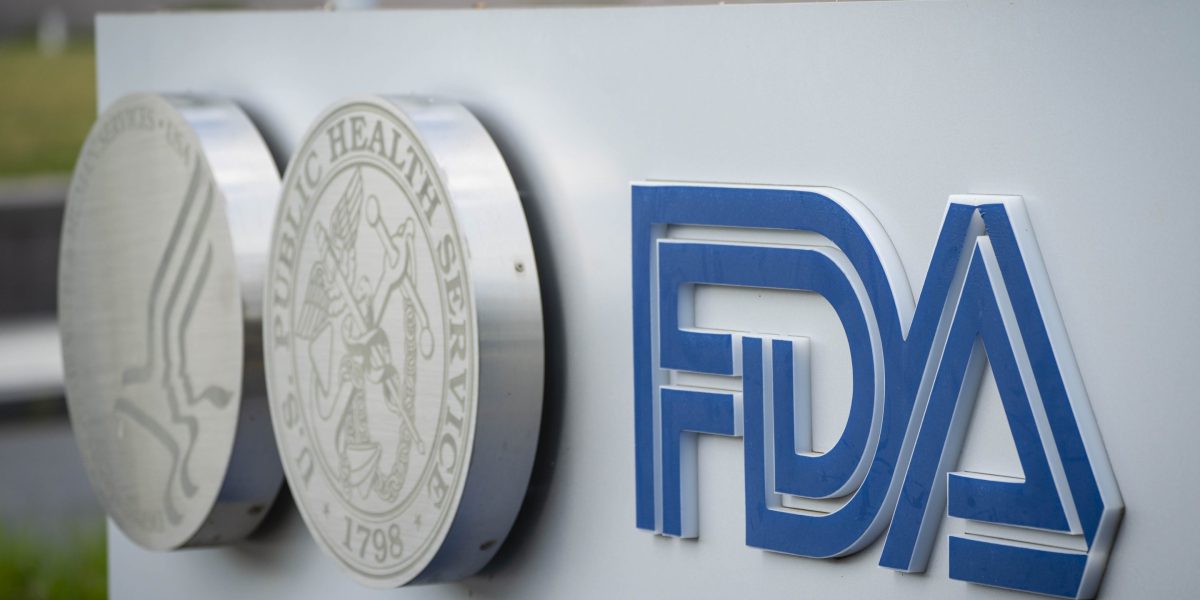Tinder Fights FDA's Discriminatory Blood Policy: A Battle for LGBTQ+ Inclusion
Introduction:
Dating app giant Tinder has launched a fierce legal battle against the U.S. Food and Drug Administration (FDA), challenging its discriminatory blood donation policy that disproportionately impacts the LGBTQ+ community. This move follows years of advocacy from LGBTQ+ rights organizations and highlights the ongoing fight for equitable blood donation practices. The FDA's current policy, which remains a significant barrier to blood donation for many gay and bisexual men, is facing increasing scrutiny and legal challenges. This article delves into the details of Tinder's lawsuit, exploring the arguments, implications, and broader context of this crucial fight for equality.
Tinder's Stand Against Discriminatory Blood Donation Rules
Tinder's legal challenge isn't just about promoting inclusivity; it's a strategic move to address a systemic issue. The company argues that the FDA's policy is outdated, discriminatory, and based on unscientific criteria. The current deferral period for men who have sex with men (MSM) is significantly longer than for other groups, creating an unfair and unnecessary barrier to blood donation.
Key Arguments in Tinder's Lawsuit:
- Outdated Science: Tinder alleges the FDA's policy relies on outdated scientific understanding of HIV transmission and ignores advancements in blood screening technology. Modern testing methods are highly accurate and effective in detecting various bloodborne diseases, rendering the extended deferral period unnecessary.
- Discriminatory Impact: The policy disproportionately affects the LGBTQ+ community, particularly gay and bisexual men, perpetuating harmful stereotypes and limiting their ability to participate in life-saving blood donations.
- Blood Shortage Crisis: The FDA's restrictive policies contribute to the ongoing national blood shortage, impacting access to essential medical care for patients in need. Removing discriminatory barriers could significantly increase the available blood supply.
The Broader Context: LGBTQ+ Rights and Blood Donation
This legal challenge by Tinder is part of a larger ongoing movement advocating for LGBTQ+ equality in blood donation policies. For years, organizations like the American Red Cross and other blood banks have faced pressure to update their policies, aligning them with scientific evidence and promoting inclusivity.
Past Attempts at Reform:
- Several organizations have attempted to persuade the FDA to adopt individual risk assessment rather than blanket bans based on sexual orientation.
- Scientific studies have repeatedly demonstrated the effectiveness of individual risk assessments in identifying potential bloodborne disease risks, regardless of sexual orientation.
Implications of Tinder's Legal Action
The outcome of Tinder's lawsuit could have far-reaching consequences, potentially influencing blood donation policies nationwide and setting a precedent for future challenges to discriminatory practices.
Potential Outcomes:
- Policy Reform: A successful lawsuit could lead to the FDA revising its blood donation guidelines, adopting more inclusive and science-based criteria.
- Increased Blood Supply: A more inclusive policy could significantly increase the blood supply, alleviating shortages and improving access to life-saving treatment.
- Enhanced LGBTQ+ Inclusion: A positive outcome could represent a significant victory for LGBTQ+ rights and equality, challenging discriminatory practices in the healthcare system.
Call to Action: Support the Fight for Equitable Blood Donation
Tinder's courageous stance highlights the need for continued advocacy for inclusive blood donation policies. You can support this cause by:
- Staying informed: Keep abreast of developments in this ongoing legal battle and share information with your networks.
- Supporting LGBTQ+ organizations: Donate to or volunteer with organizations fighting for LGBTQ+ equality and advocating for fair blood donation policies.
- Contacting your elected officials: Encourage your representatives to support policies promoting equitable and inclusive blood donation practices.
This legal battle marks a crucial step in the ongoing fight for LGBTQ+ equality and access to healthcare. The outcome will significantly impact not only the LGBTQ+ community but also the nation's blood supply and the health of countless individuals. Let's continue to advocate for change and a fairer, more inclusive future.
